
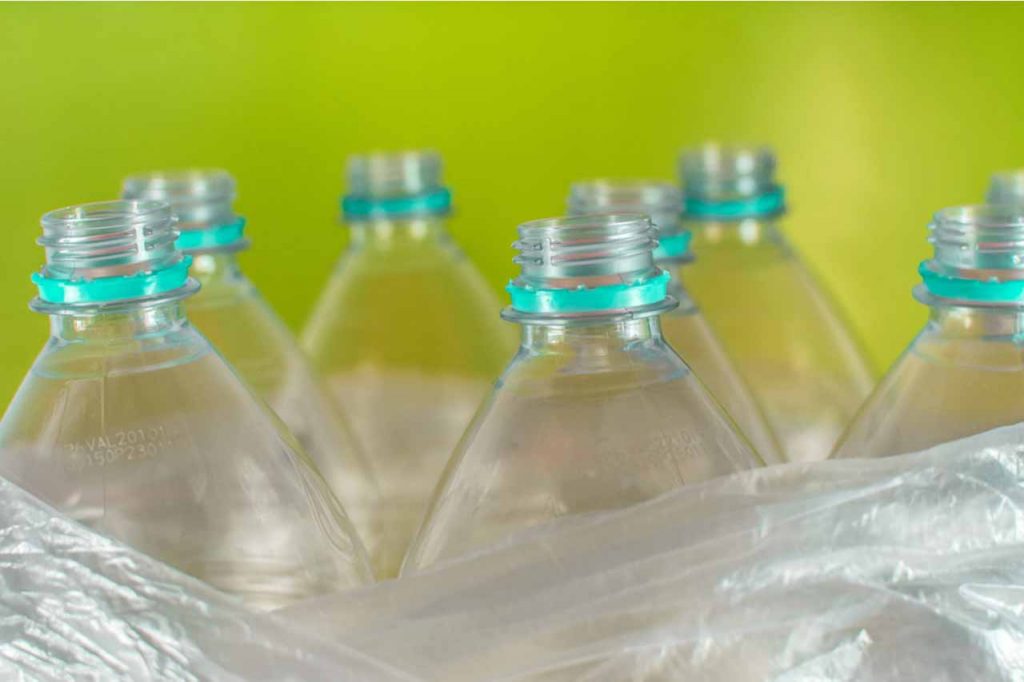
In Connecticut, retail redemption volumes were down 95% during the suspension period. | Thiago Figueredo/Shutterstock
Container deposit programs are starting back up following their COVID-19 downtime. Equipment supplier Tomra offered a look at how the process is playing out in Connecticut.
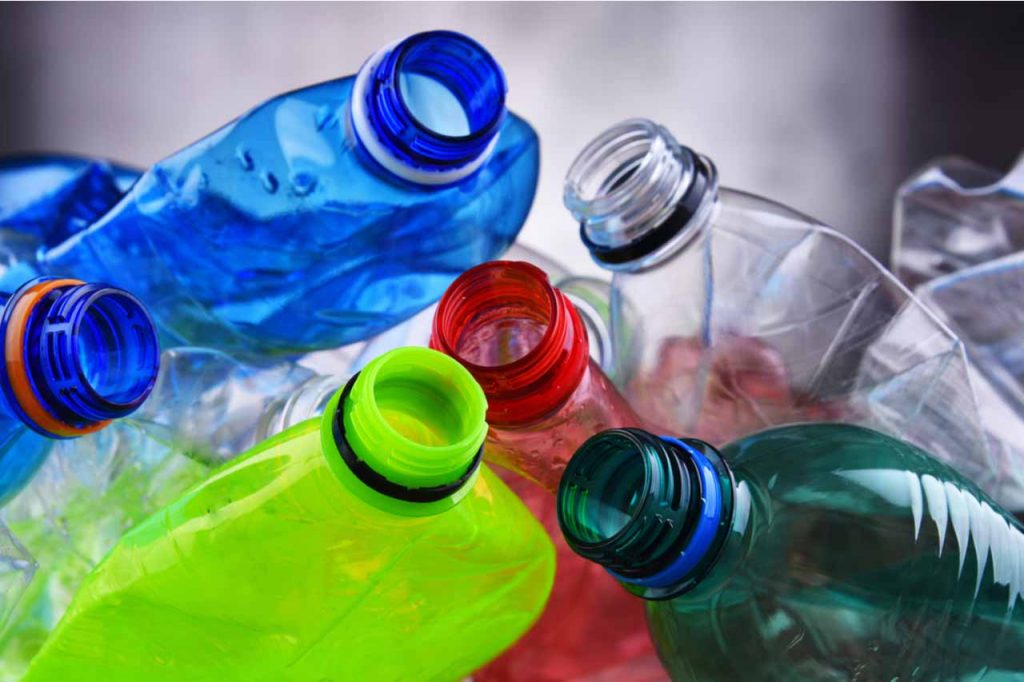
Connecticut will begin a phased-in deposit program resumption on May 20. | monticello/Shutterstock
Connecticut retailers will begin accepting deposit containers on a limited basis this week and will ramp up to full service early next month. COVID-19 disruptions to deposit programs continue in other states.
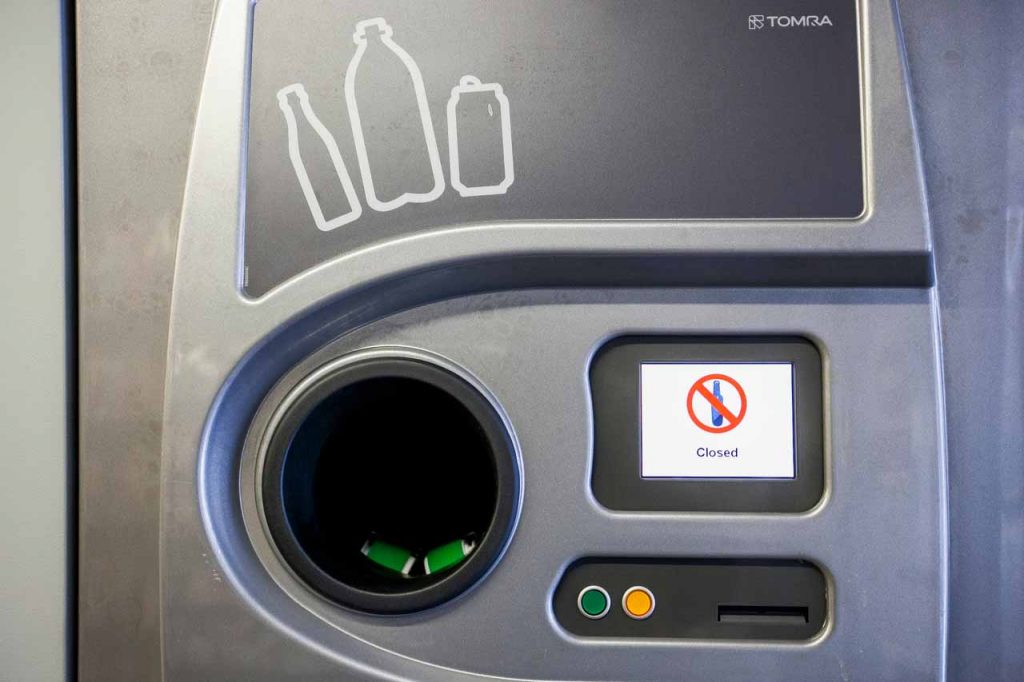
Eight out of the 10 states with container redemption systems have enacted temporary measures limiting deposit returns in some way. | Karolis Kavolelis/Shutterstock
Stay-at-home orders are hitting container deposit systems hard, leading to significant declines in the volumes of high-quality recyclables moving to material processors.
 A man was sentenced to five years in prison for a bottle redemption fraud scheme that bilked California out of millions of dollars, according to state authorities.
A man was sentenced to five years in prison for a bottle redemption fraud scheme that bilked California out of millions of dollars, according to state authorities.
 A Pennsylvania community bucks the single-stream trend, and fewer Oregon grocery stores redeem beverage containers because more stand-alone centers are opening.
A Pennsylvania community bucks the single-stream trend, and fewer Oregon grocery stores redeem beverage containers because more stand-alone centers are opening.
The California Department of Resources Recycling and Recovery (CalRecycle) has released its July 2013 quarterly report on its Beverage Container Recycling Fund, and the outlook is not encouraging.
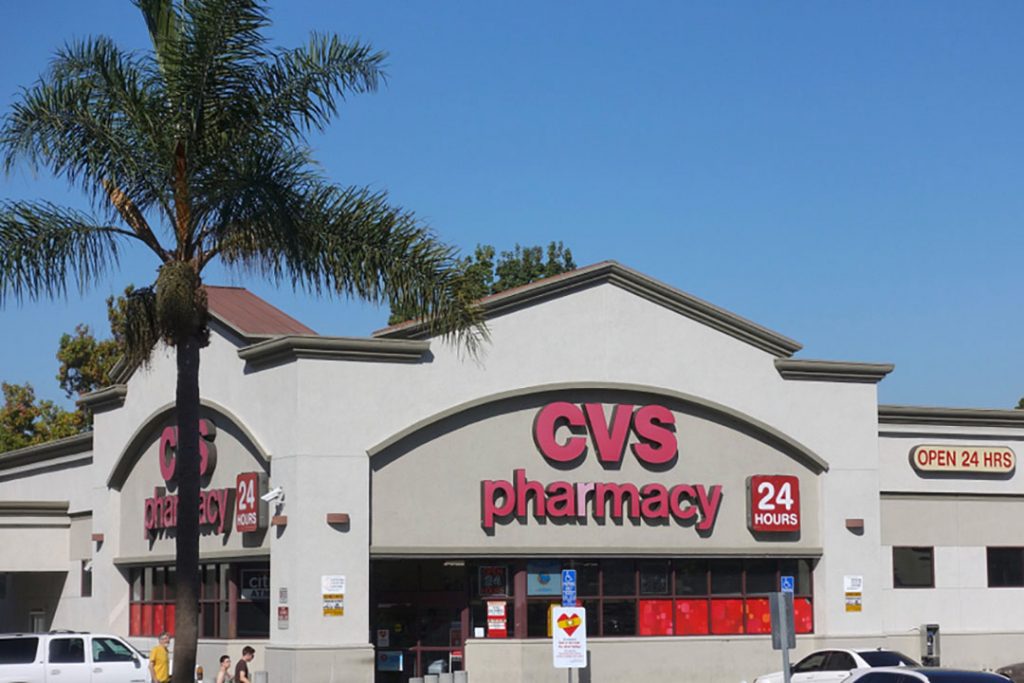
CalRecycle alleges 81 out of CVS Pharmacy’s 848 California stores have not complied with state law. | Simone Hogan/Shutterstock
California regulators say retailer CVS hasn’t complied with bottle and can redemption requirements, and they’re seeking to force the company to fork over nearly $3.7 million.
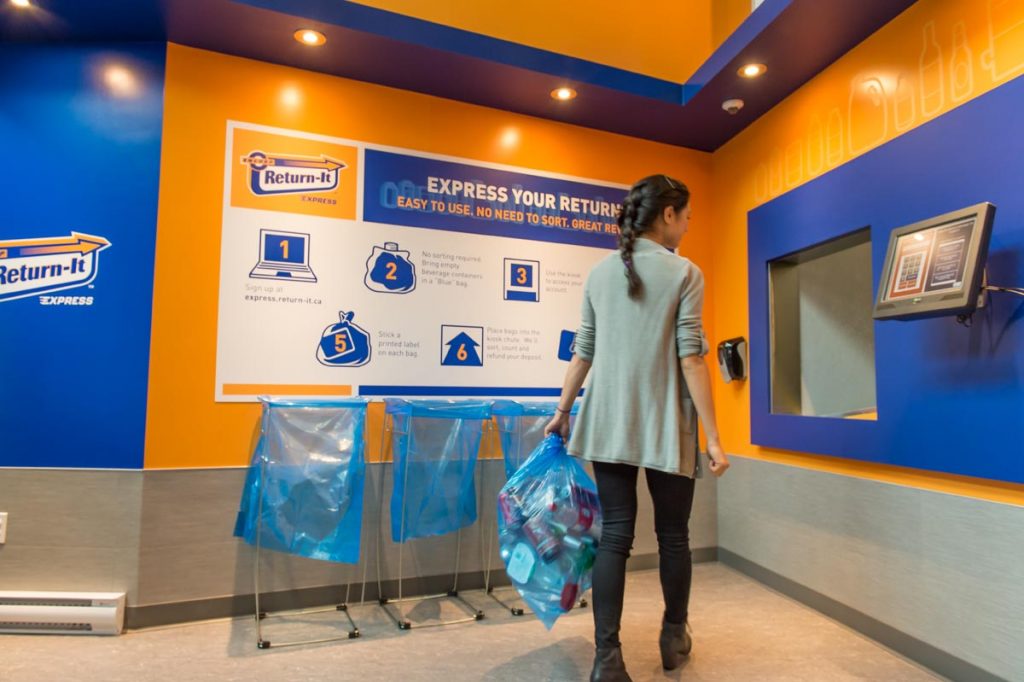
British Columbia residents recently gained access to the Return-It Express program, through which they can bag their containers and drop them off at one of 60 depots. | Courtesy of Encorp Pacific
The majority of beverage containers in British Columbia had their deposit values increase from 5 cents to 10 cents at the start of this month, creating more consistency in the provincial redemption program.
